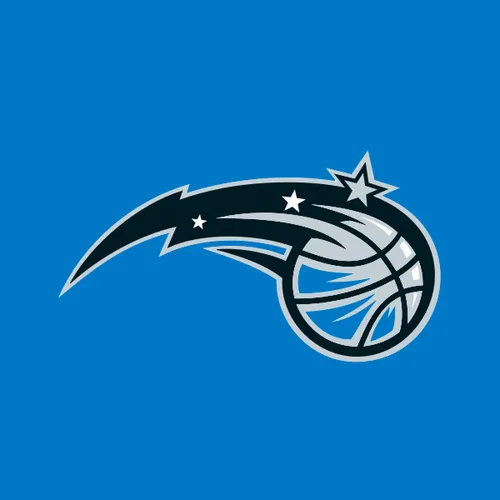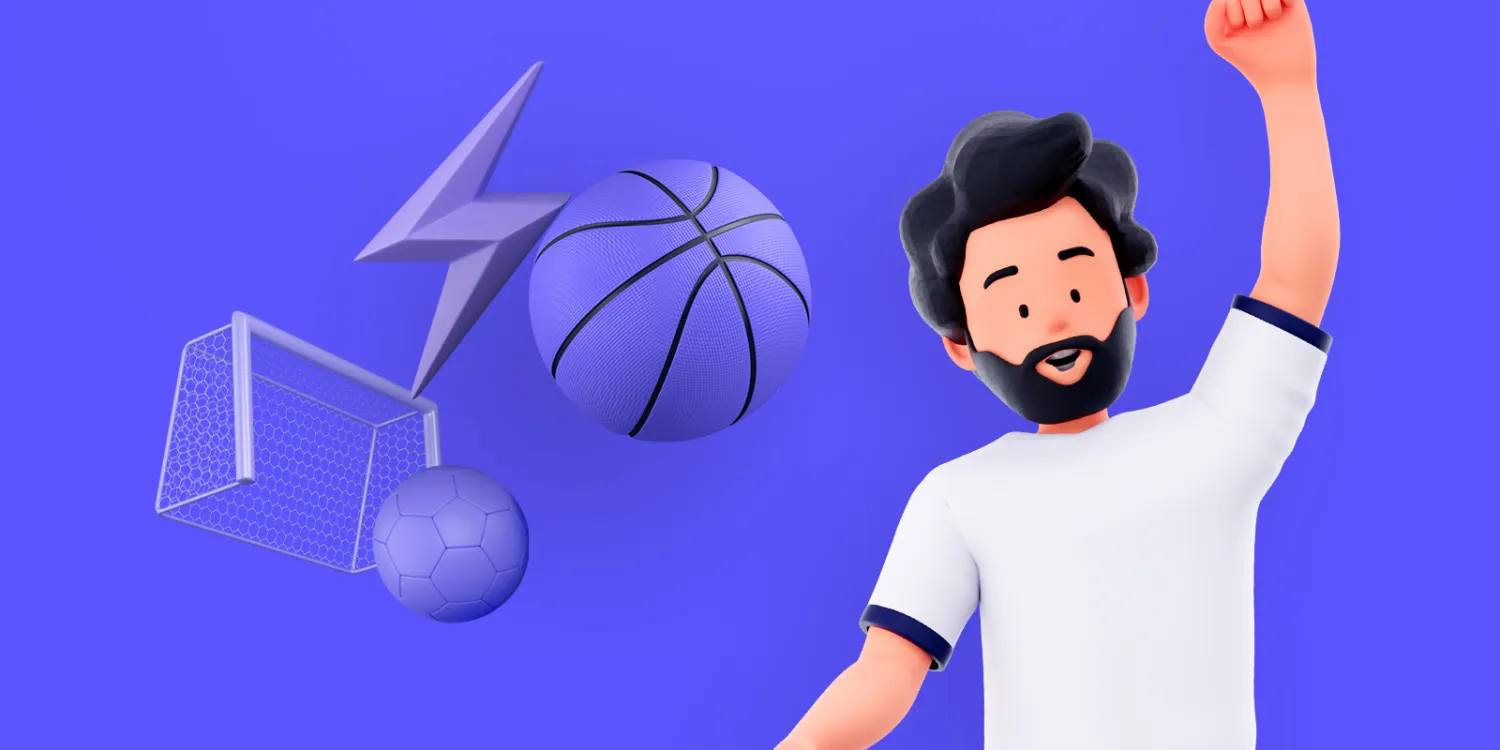







Full Stack Development Jobs in the Sports Industry: A Quick Guide
Introduction
Full Stack Development professionals in the sports industry are in high demand as sports organizations increasingly rely on technology to improve fan experiences, optimize athlete performance, and streamline operations. With a unique skill set that spans frontend and backend development, Full Stack Developers play a crucial role in creating and maintaining the digital solutions that power the sports world. In this guide, we'll explore the various aspects of Full Stack Development jobs in the sports industry and share tips for breaking into this exciting field.
The Role of Full Stack Development Professionals in the Sports Industry
Full Stack Developers in the sports industry work on a wide range of projects, from building and maintaining team websites and mobile apps to developing data analytics platforms and interactive fan engagement tools. These professionals are responsible for understanding the unique needs of the sports industry and translating them into functional, user-friendly digital solutions. They collaborate closely with designers, project managers, and other stakeholders to ensure seamless integration of frontend and backend systems.
Types of Full Stack Development Jobs in the Sports Industry
Full Stack Developers in the sports industry can find a wide range of opportunities across various sectors. Here are some common types of Full Stack Development jobs in the sports industry:
Sports team web developer: These developers work on building and maintaining websites and web applications for sports teams, leagues, and organizations. They create features to enhance fan engagement, such as live stats, player profiles, game schedules, and ticket sales platforms.
Sports analytics platform developer: Developers in this role create and maintain platforms that collect, analyze, and visualize sports data. They work with data scientists, statisticians, and sports experts to develop tools that help teams make data-driven decisions related to player performance, game strategy, and injury prevention.
Sports streaming service developer: Full Stack Developers can work on developing and maintaining sports streaming platforms, which enable fans to watch live games and access on-demand content. They may create interactive features, such as live chats, personalized recommendations, and user-friendly interfaces for various devices.
E-commerce developer for sports retailers: These developers work on building and maintaining online stores for sports retailers, including product catalogs, shopping carts, and payment processing systems. They may also develop features to improve the user experience, such as product customization tools, inventory tracking, and loyalty programs.
Sports event management platform developer: Full Stack Developers in this role create web applications to help sports event organizers manage registrations, ticket sales, scheduling, and other logistics. They collaborate with event organizers and other stakeholders to ensure the platform meets their needs and provides a seamless experience for participants and fans.
Sports training application developer: Developers in this area create web and mobile applications that help athletes and coaches track training progress, monitor performance, and access personalized training programs. They work closely with sports scientists, trainers, and other experts to ensure the applications are effective and user-friendly.
Sports gaming platform developer: Full Stack Developers can also find opportunities in the sports gaming industry, developing platforms for fantasy sports, sports betting, or esports. They may work on creating engaging user interfaces, integrating live data feeds, and ensuring the platform's performance and security.
Each of these roles may require different levels of expertise and specialization, but they all share a common foundation in Full Stack Development skills and a passion for the sports industry.
Salaries for Full Stack Developers in the Sports Industry
Salaries for Full Stack Developers in the sports industry vary based on factors such as experience, location, and the size of the employing organization. A general breakdown of salary expectations is as follows:
Entry-level: $50,000–70,000 USD per year
Junior-level: $70,000–85,000 USD per year
Intermediate-level: $85,000–110,000 USD per year
Senior-level: $110,000–150,000+ USD per year
Keep in mind that these figures are approximate, and actual compensation packages may include bonuses, equity, or other benefits.
Essential Skills for Full Stack Developers in the Sports Industry
Successful Full Stack Developers in the sports industry possess a combination of technical and soft skills, including:
Proficiency in multiple programming languages, such as JavaScript, Python, or Ruby
Experience with frontend and backend frameworks (e.g., React, Angular, Node.js, Django)
Familiarity with databases and data storage solutions (e.g., SQL, NoSQL, Firebase)
Knowledge of version control systems (e.g., Git)
Strong problem-solving and critical thinking abilities
Excellent communication and collaboration skills
A passion for sports and an understanding of the unique challenges and opportunities in the industry
Tips for Landing a Full Stack Development Job in the Sports Industry
To increase your chances of securing a Full Stack Development job in the sports industry, consider the following tips:
Build a strong portfolio: Showcase your skills and experience with a diverse selection of projects that demonstrate your proficiency in both frontend and backend development.
Network with professionals in the industry: Attend sports technology conferences, join industry-specific online forums, and engage with professionals on social media to learn about job opportunities and gain insights into the industry.
Stay current with industry trends and technologies: Regularly update your skills and knowledge by following industry news, attending webinars, and taking relevant courses.
Tailor your resume and cover letter: Customize your application materials for each job opportunity, emphasizing your relevant skills, experience, and passion for the sports industry.
Prepare for interviews: Research the company and its products or services, and be prepared to discuss your relevant experience, technical skills, and how they align with the organization's needs. Be ready to showcase your problem-solving abilities and enthusiasm for the sports industry during the interview.
Seek internships or freelance projects: Gaining practical experience through internships or freelance projects can help you build your portfolio and make valuable connections in the industry.
Participate in hackathons or coding competitions: Joining hackathons or coding competitions related to the sports industry can help you showcase your skills, network with other professionals, and potentially catch the attention of potential employers.
Leverage social media and online platforms: Use platforms like LinkedIn, GitHub, and Stack Overflow to showcase your skills, projects, and expertise. Engaging with relevant communities can help you expand your network and discover job opportunities.
Conclusion
Full Stack Development jobs in the sports industry offer exciting opportunities for professionals who are passionate about sports and have the technical skills to create innovative digital solutions. By building a strong portfolio, networking with industry professionals, staying current with trends and technologies, and tailoring your application materials, you can increase your chances of landing a rewarding Full Stack Development job in the sports industry. Remember to be persistent, continue learning, and stay focused on your goals as you navigate this competitive field. See everything that’s currently available in the full stack development hiring sector here.



























